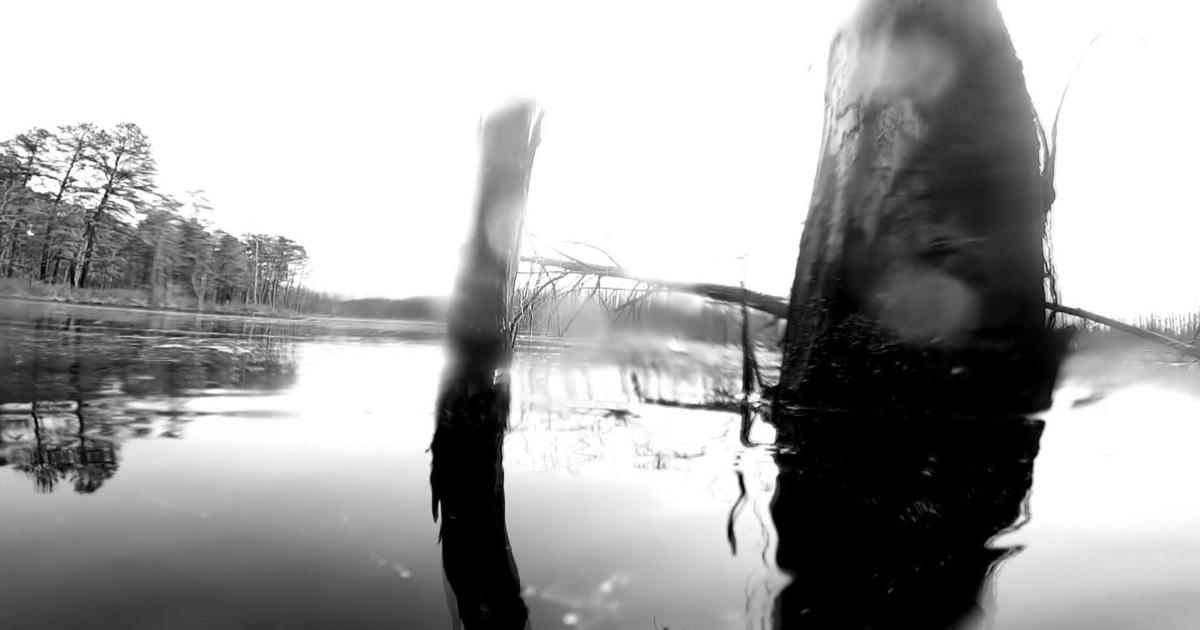New Jersey High Court Finds Implicit Bias At Play In Jury Selection
TRENTON, N.J. (AP) — New Jersey's highest court on Tuesday tossed out a 2017 first-degree murder conviction after finding that the state may have relied on "implicit or unconscious" bias when it sought to remove a prospective Black juror.
The 7-0 decision called for a new trial and a state conference on how juries are selected in New Jersey, a process based on law dating to the late 1800s. The court documents refer to the prospective juror only by his initials, F.G.
"Based on all of the circumstances, we infer that F.G.'s removal from the jury panel may have stemmed from implicit or unconscious bias on the part of the State, which can violate a defendant's right to a fair trial in the same way that purposeful discrimination can," Chief Justice Stuart Rabner wrote for the court.
In 2017, Edwin Andujar was convicted of first-degree murder and weapons offenses after authorities accused him of stabbing his roommate 12 times with a knife three years earlier.
During jury selection for Andujar's trial, the state challenged a prospective juror, known only by the initials F.G. in court papers, arguing that he has "an awful lot of background," referring to family members in law enforcement as well as those who were victims of crime. Those details came out during an interview with F.G.
Andujar's attorney objected at the time, arguing that such connections would bar a "lot of people from Newark" from jury service.
The court at the time rejected the state's argument to reject F.G., saying it saw no reason for him to be excused.
On the next day of jury selection, according to the Supreme Court's ruling, the judge said prosecutors had informed the court that a criminal history check of F.G. revealed an outstanding municipal warrant on a simple assault charge. The charge was dismissed eight weeks later.
But he was dismissed as a juror and arrested on the warrant. Outstanding warrants are not a bar to jury service under state law.
Andujar's attorney's raised concerns, saying "I think coming to court for jury service no one expects they are going to be looked up to see if they have warrants," according to the court's ruling.
In response, the prosecutor said: The state doesn't regularly look at a random juror's criminal history.
The court found the prosecutors erred in their judgment about F.G.
"F.G., an employee at the Department of Public Works who coached football in his spare time, made clear that he believed the criminal justice system was fair and effective 'because you are judged by your peers.' Yet the prosecution suggested his background and associations 'dr(ew) into question whether he respect(ed) the criminal justice system' and the rule of law," the court wrote.
The court said that what happened in the case might not happen again.
"Nonetheless, we cannot look away from evidence suggesting implicit bias in the jury selection process that appears in the extensive record before the Court," Rabner wrote.
The court said it was the first time it addressed when a criminal history check could be run on a prospective juror.



